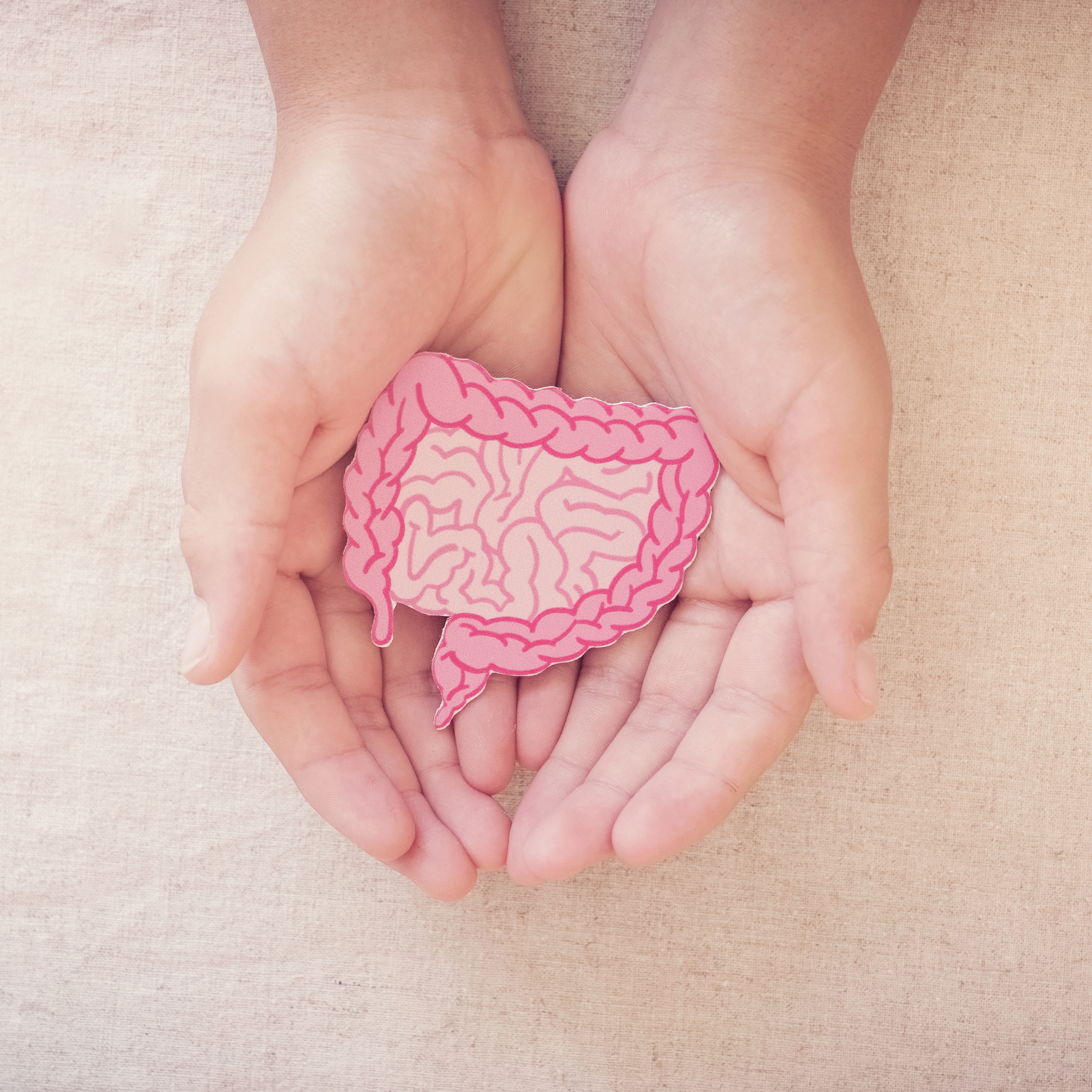
Are You Showing Symptoms of Hormonal Imbalances?
So many people are showing signs of hormonal imbalances, yet these imbalances are rarely explored, let alone rebalanced. In fact, they go under the radar as ‘normal, random unexplained symptoms’, or are ‘treated’ with pharmaceuticals to mask the symptoms. This ‘treatment’ often exacerbates the hormonal imbalances, pushing you further away from homeostasis.
Symptoms of Hormonal Imbalances
Estrogen Dominance
- Heavy periods
- Water retention
- Weight gain
- Stubborn body fat
- Breast tenderness
- Headaches or migraines
- Acne
- Symptoms of PMS
Low Progesterone
- Irregular periods
- Mood swings
- Spotting between periods
- Headaches or migraines
- Poor sleep quality or insomnia
- Infertility
- Miscarriages
High Testosterone
- Irregular menstrual cycle
- No periods
- Hair thinning
- Hair loss
- Increased facial and body hair
- Acne
- Oily skin
- Reduced breast size
Low Thyroid
- Fatigue
- Constipation
- Depression and/or anxiety
- Sensitive to the cold
- Weight gain
- Stubborn body fat
- Dry skin
- Brittle nails and hair
- Cold hands and feet
Cortisol Imbalance
- Fatigue
- Stubborn body fat
- Weight gain
- Sugar cravings
- Caffeine cravings/reliant on caffeine
- Irregular sleep patterns
- Insomnia
- Mood swings
Insulin Imbalance
- Dizziness
- Weight gain
- Stubborn body fat
- Brain fog
- Poor concentration
- Headaches or migraines
- Excess sweating
- Increased hunger and thirst
- PCOS
- Excess hair growth (hirsutism)
“I went to the doctor with these symptoms, but they told me my blood tests were fine?”
You wouldn’t believe the number of times clients have told me that their GPs said that their hormones were ‘all fine.’ The question is, what do they consider to be ‘fine’?
Thyroid

For example, in conventional medicine, doctors will allow for a TSH level to go up to around 4.2 before diagnosing you with hypothyroidism. Does this mean that anything up to 4.2 is ‘fine’? Not in functional medicine. If your TSH is not between 0.5 and 2.5, then your thyroid is beginning to get out of a healthy range and, as a result, you will experience symptoms of low thyroid.
Conventional medicine will ‘treat’ you with medication when you reach a TSH level of 4.2 and can, therefore, be diagnosed. However, this is limiting when it comes to really looking after your health, because it’s too black and white. In conventional medicine, you’re either diagnosed with a condition or disease, or you're not. What about the stages between healthy and diagnosed? Your thyroid doesn’t suddenly become ‘not fine’. It will start to become imbalanced and out of a healthy range first and this is where we need to focus our attention - BEFORE you reach a diseased state.
Estrogen & Progesterone

Another reason why your doctor may have said your hormones were ‘fine’, yet you’re still experiencing the aforementioned symptoms is because they looked at your hormone levels in isolation, rather than in ratio.
What do I mean by this? Well, your estrogen levels need to be checked in relation to your progesterone levels. You can still have estrogen dominance when your blood test results show normal levels of estrogen if your progesterone is low. Your hormones work in harmony with each other, so if one becomes out of whack, you’ll feel it!
Cortisol

Another example is cortisol. Did you have your cortisol levels checked over a 24 hour period, rather than at different times of the day? This is because they are testing to see if you have Addison’s disease, rather than analysing your cortisol levels throughout the day. In functional medicine, we like to check your cortisol levels in the morning, afternoon, evening and before bedtime. This helps us assess whether you are producing cortisol at the right time and, if so, how much. This is the only way to truly examine your adrenals and circadian rhythm.
“I have symptoms from more than one of the listed hormonal imbalances”
Remember, hormones are a team, not a solo player! Your hormones are supposed to work together to keep your body healthy and functioning - one hormone can’t hold down the fort whilst the rest of your hormones go rogue.
For example, estrogen dominance is often paired with low progesterone and cortisol imbalance. Why? Cortisol and progesterone work in a reverse ratio. When your cortisol levels are elevated, whether it be down to too much caffeine, stress or another underlying issue, your progesterone levels drop. When your progesterone levels drop, the ratio between progesterone and estrogen is then impacted and you could experience symptoms of estrogen dominance. This is why it’s so important to investigate other hormone levels in-depth, when you’re either showing signs of hormonal imbalances in general, or test results show that one of your hormones is out of a healthy range.
What To Do If You Have Symptoms of Hormonal Imbalances
If anyone online offers you a quick fix to balance your hormones, please know that, unfortunately, this doesn’t exist. I wish it did! However, it really depends on what YOUR specific hormone imbalances are.
If you are showing any of the symptoms listed in this post I would recommend you run some at-home functional lab tests to try and get to the bottom of these ‘unexplained’ symptoms. A good place to start would be the comprehensive hormonal test, which will look at your cortisol, progesterone, DHEA, testosterone, estrogen and estrogen dominance.
If you do have the finances to take two tests, or you have more symptoms of low thyroid or insulin imbalance, then I highly recommend the weight loss management and thyroid test. This will look at your blood sugar levels, which is an excellent indication of possible insulin resistance. If this is the case, it’s the likely reason why you are struggling to lose weight or burn body fat!
Taking these tests are great for unearthing the underlying root cause for your symptoms. However, you might be thinking ‘that’s great, but now what?’. Working with an integrated health practitioner will be able to help you unpick the test results and create a bespoke wellness protocol that is tailored to your bio-individuality and specific hormonal imbalances.









Leave a comment